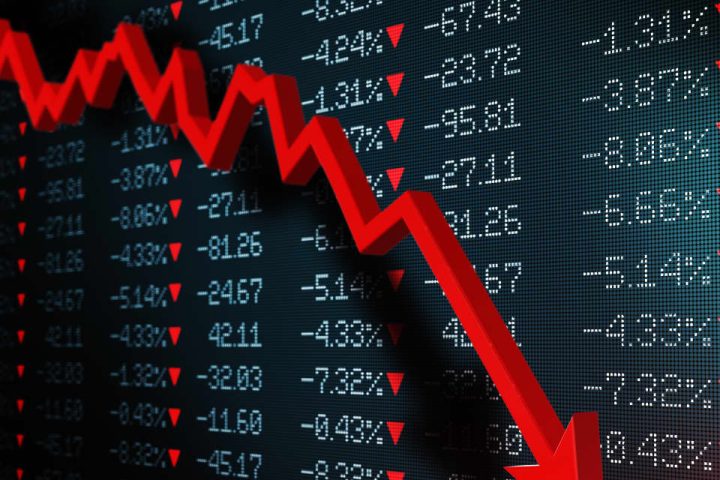Delta (NYSE: DAL) recently reported its Q3 results, with revenues falling in line and earnings beating our estimates. The company reported adjusted revenue of $14.6 billion, up 18% y-o-y. Its adjusted earnings of $2.03 per share were up 34% y-o-y and above our estimate of $1.98 per share. In this note, we discuss Delta’s stock performance, some key takeaways from its recent results, and its valuation.
DAL stock has seen a decline of 10% from levels of $40 in early January 2021 to around $35 now, vs. an increase of about 15% for the S&P 500 over this roughly 3-year period. However, the decrease in DAL stock has been far from consistent. Returns for the stock were -3% in 2021, -16% in 2022, and 4% in 2023. In comparison, returns for the S&P 500 have been 27% in 2021, -19% in 2022, and 13% in 2023 – indicating an underperformance for the ticker in 2021 and 2023.
In fact, consistently beating the S&P 500 – in good times and bad – has been difficult over recent years for individual stocks; for heavyweights in the industrial sector, including CAT, UPS, and UNP, and even for the mega-cap stars GOOG, TSLA, and MSFT.
In contrast, the Trefis High Quality Portfolio, with a collection of 30 stocks, has outperformed the S&P 500 each year over the same period. Why is that? As a group, HQ Portfolio stocks provided better returns with less risk versus the benchmark index, less of a roller-coaster ride, as evident in HQ Portfolio performance metrics.
Given the current uncertain macroeconomic environment with high oil prices and elevated interest rates, could DAL face a similar situation as it did in 2021 and 2023 and lose value over the next 12 months – or will it see a recovery? From a valuation perspective, DAL stock looks attractive and will likely see higher levels over time. We estimate Delta’s Valuation to be $51 per share, reflecting a significant 50% upside from its current levels of $34. Our forecast is based on an 8x P/E multiple for DAL and expected earnings of $6.15 on a per-share and adjusted basis for the full year 2023. The company narrowed its earnings outlook to now be in the range of $6.00 and $6.25, compared to its prior range of $6.00 and $7.00. The narrowing of earnings outlook toward the lower end of the range was expected, given the sudden rise in oil prices in recent months. For perspective, the average U.S. Gulf Coast Kerosene Jet fuel price per gallon rose from $2.20 toward the end of April this year to $2.80 now.
Delta’s revenue of $14.6 billion (adjusted) in Q3’23 was driven by a 16% rise in the total available seat miles, partly offset by a 1% decline in passenger revenue per available seat mile. The company saw its adjusted operating margin improve to 13.5% from 11.6% in the prior year quarter. This can be attributed to lower fuel expenses, partly offset by higher non-fuel costs. Higher revenues and margin expansion led to a 34% y-o-y rise in the bottom line to $2.03 on a per-share and adjusted basis. Looking forward, rising fuel prices, a challenging macroeconomic environment, and a likely decline in passenger yields are expected to weigh on Delta’s near-term performance. Still, we believe investors will likely be better off picking DAL at current levels of around $34 for robust gains in the long run.
While DAL stock looks undervalued, it is helpful to see how Delta Air Lines’ Peers fare on metrics that matter. You will find other valuable comparisons for companies across industries at Peer Comparisons.
Invest with Trefis Market Beating Portfolios
See all Trefis Price Estimates
Read the full article here







